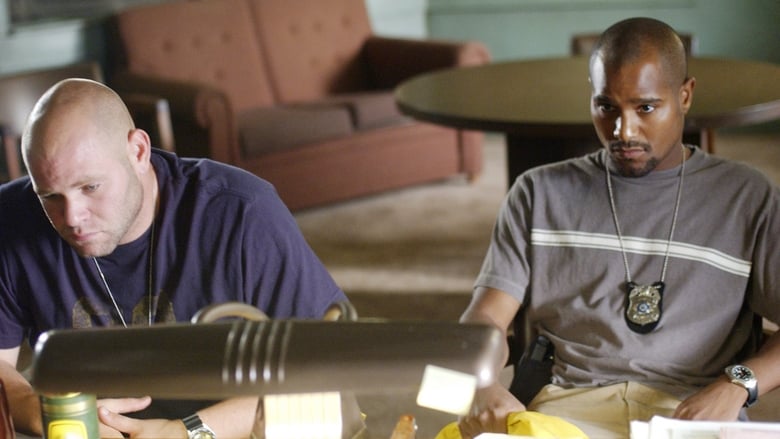
So says Nick Sobotka’s insanely patient girlfriend, Aimee, as she plumbs around the basement bedroom of Nick’s boyhood home-with his mother upstairs, knocking on the ceiling to tell him to get up for his shift on the docks. All are fleshed out in tragic detail throughout the season, laying bare a roadmap built on the bones of failed middle-class daydreams. Failing oversight, transparently corrupt political systems, job-swiping robots, desperate local leaders vulnerable to outside influence as their positions weaken. On the other, we see a political system much too money-hungry to turn away desperate amateurs hoping for a miracle. With very little pushing, he’s cheaply compromised to the point that all the city’s vices can be flushed through his dock canisters into the streets. On one hand, Frank’s impoverished union makes the easy smuggling money far too tempting. If that wasn’t enough, the clever efficiency experts tell him that robotics will soon be a game-changer, one that almost eliminates the need for dockworkers altogether.Īmid this hellscape, we see the vulnerability of an entire fledgling city, which is poisoned from within due to desperation. As money becomes more and more critical to political operations, outsiders like Frank are left to piss into the wind, crossing his fingers that he can buy off the right public figure who can push forward an all-important dredging project. Instead, Frank not only lets in an international smuggling kingpin, the Greek, through his docks but tries to use his newfound money to lobby local politicians to his cause. This is the dream he was brought up with, witnessing just enough of the glory days in his youth to recognize how far the docks have fallen.īut as that post-WWII fairytale begins to fade, Frank is far too stubborn to give it all up. Frank Sobotka appears to be the prototype of a hard-nosed dockworker, a fiery union leader who fantasizes about ships piling up in the harbor and his guys working until their hands bleed. While season two is ostensibly about a crooked dockworker trying to stay afloat, it’s also a quintessentially American allegory about the decline of blue-collar cities living in the shadows of a golden age. Even as the economy continues to produce massive amounts of wealth, the ease of drug access, increasing automation, and the complete upending of blue-collar industries remain central American tragedies nearly two decades after Simon and Burns sat down to write season two. With shrinking municipal budgets and no shortage of idle hands that used to be working full-time gigs, drug use has exploded while middle-class incomes have remained stagnant. It’s this dynamic that speaks well beyond the limits of Baltimore an entire fleet of other rust-belt cities has seen a similar crunch since the golden ages of the 50s through the 70s. As the white middle-class fades toward underemployment and drug use, it’s hard to imagine a better setup for criminal enterprises preying on a poor city without the resources to do battle.

The dockworkers’ fairytale may be souring, but it’s a drug pusher’s paradise on the streets of Baltimore, with growing demand, cheap labor, and desperate union leaders willing to let anything through their ports for pennies on the dollar. While the dockworkers’ union is dipping into dangerous territory, it’s the drug pushers-now led by Stringer Bell-who are successfully evolving and organizing. The winners and losers of ‘The Wire’ Season Two That it came out more than a decade before Trump successfully used white grievances and shadowy international ties to launch his political career only speaks to the power of The Wire’s most underrated season. You have desperate dock workers hoping to-quite literally-make the docks great again while opening the door for shadowy foreign entities white privilege combining with arrogance and entitlements and blue-collar men no longer able to provide as their fathers did, left to flail against a changing world they have no interest in evolving alongside.Īlthough creator David Simon and co-writer Ed Burns couldn’t have predicted the Trump era, The Wire season two turns out to be nothing shy of prophetic-an expertly drawn gut-punch of middle America closing in on despair. Years before the official arrival of Trumpism, season two has all the pieces already in place as it dissects a rust-belt city in decline. Season two of The Wire wasn’t exactly universally loved when it first premiered in 2003, but now it stands as a remarkable amalgamation of the decaying American experience. Pablo Schreiber and Chris Bauer in season two of ‘The Wire.’ Image courtesy of HBO.


 0 kommentar(er)
0 kommentar(er)
